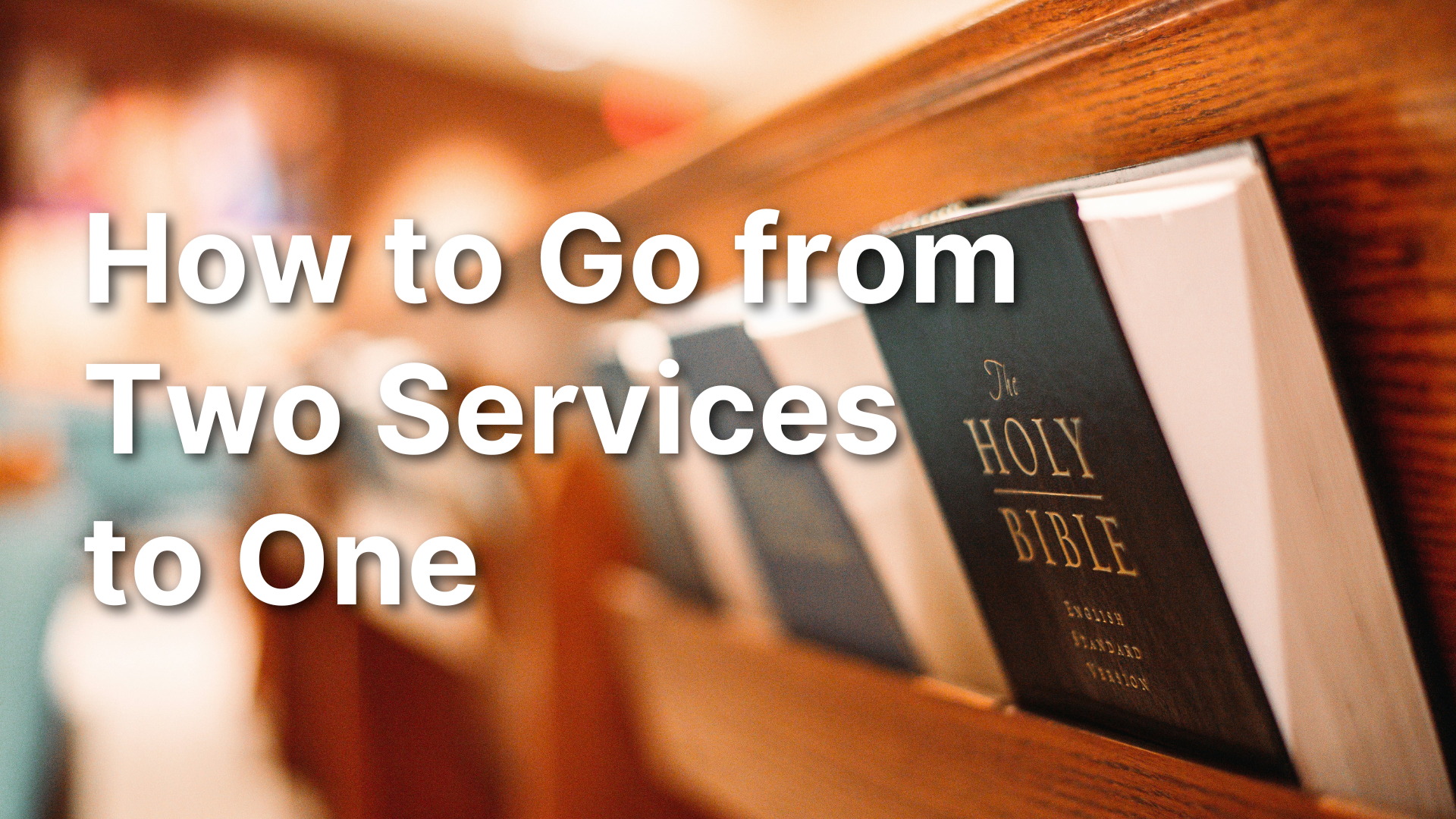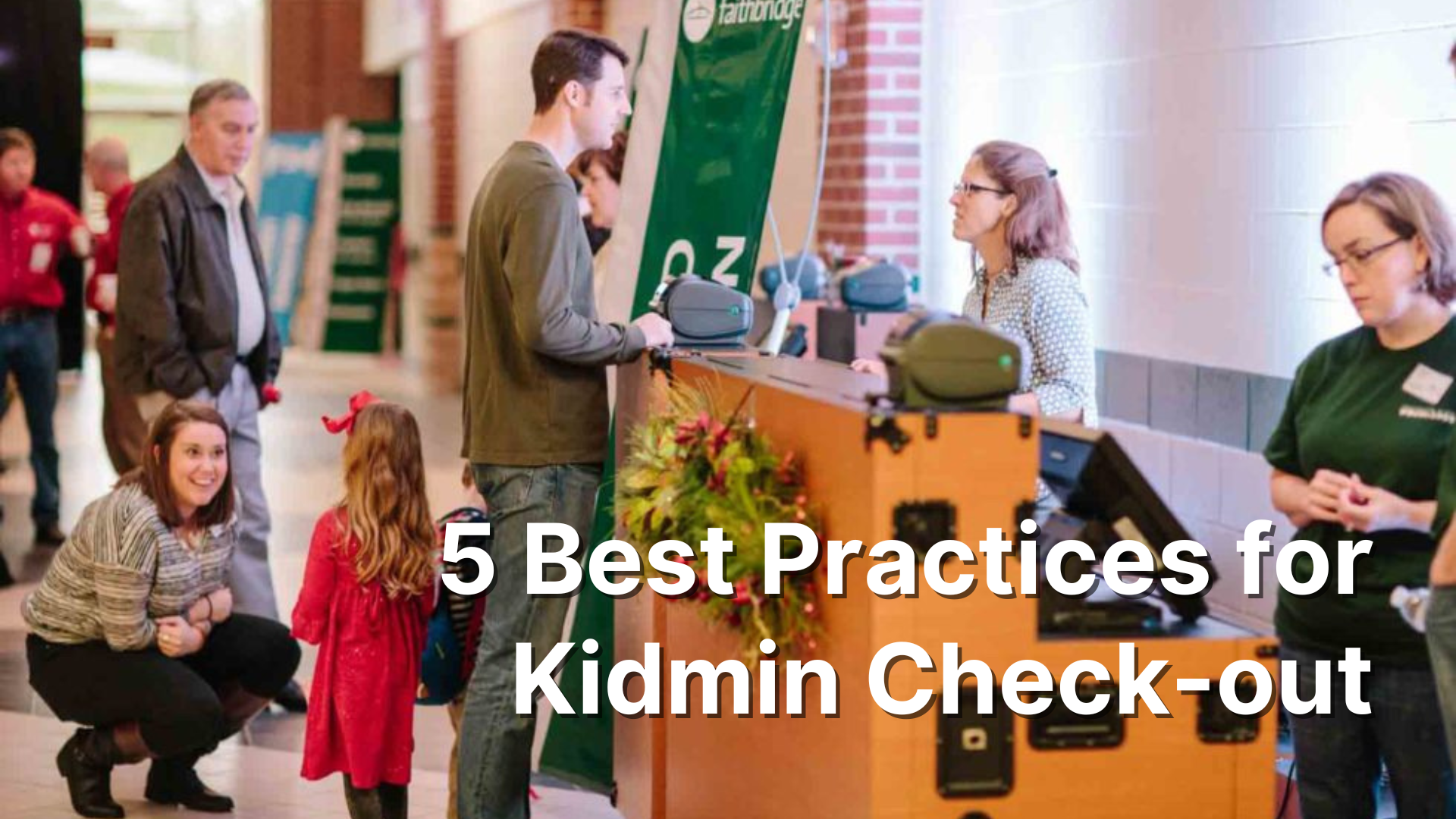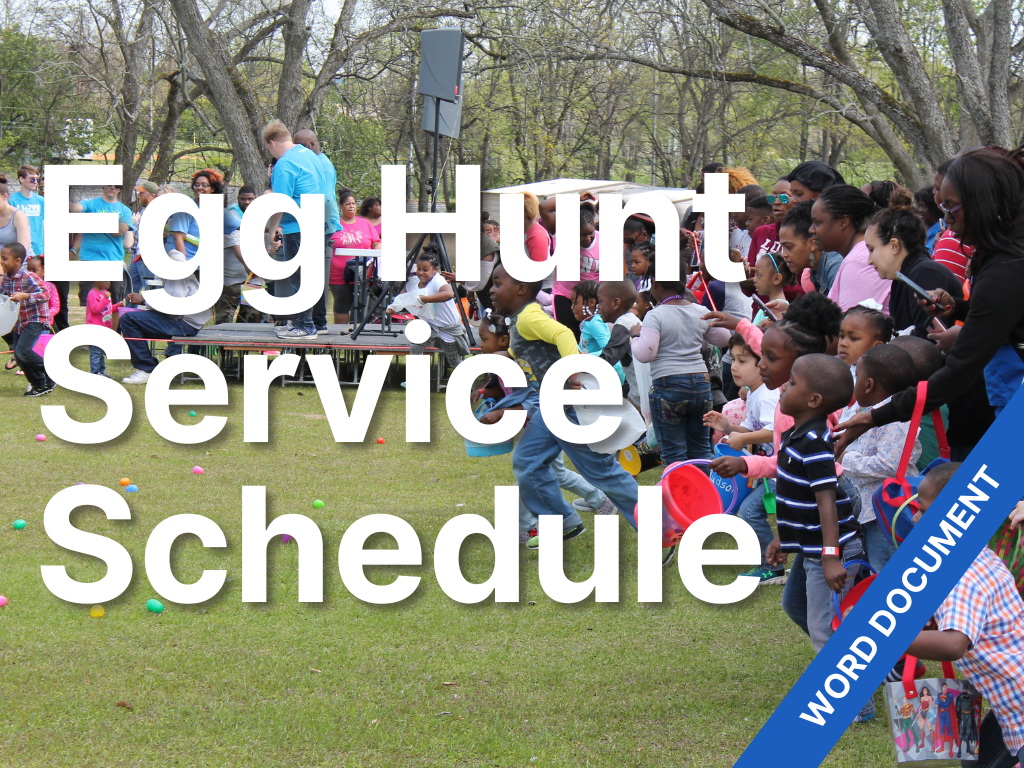How to Follow Up with Your Missing People
Photo by HAN Mengqi on Unsplash
As a pastor you’re a shepherd. It’s your job to take care of your flock. In my own experience (and even in my writing) I talk about reaching out to new people and caring for them. However, Jesus gave us the example by sharing the parable of the shepherd who leaves the 99 to go after the one.
I’ll be honest, in my younger days, the one aggravated me. They should’ve stayed with the group! However, now that I’m older, wiser, and more grace-filled, I see the error of my ways. We have to take care of new and old people alike. It’s not an either/or but a both/and.
But how do you do that? How do you fit it into a busy schedule? How do you prioritize taking care of your people when you have so much stuff to do? As a task-oriented person, I get it. I don’t want to slow down to make a phone call or send an email. But it’s the job of the ministry. The biggest thing that has helped me is to add care to my task list. I have to systematize my follow up process as much as possible. I know that’s a very analytical and task way of doing it, but it works.
And that’s what I’m sharing in this post. My system for following up every week and not letting anyone fall through the cracks.
1. Make an appointment with yourself
I talked about this a little in my time management post. I theme each day of my week with the tasks I need to get done. It’s called mega-batching. I stack similar tasks on top of each other in one focused work session. Working this way keeps you focused and efficient. It’s better than switching from a follow up task to a creative task to a cleaning task. If you’re constantly switching, you’ll feel like you didn’t accomplish much and feel exhausted. Rather, keep your focus on one thing and then move to the next.
That said, Mondays have two themes. Staff meeting and follow up. I don’t put anything else on that day. I don’t plan for Sunday. I don’t go shopping. I don’t create a new event. Nothing. All those things are reserved for other days.
I suggest you find a day that will work best for you where follow up is your sole focus. It doesn’t have to be the full 8 hours, but some focused time. As long as it takes to get the job done. Once you have set aside time, you’re far more likely to actually get it done.
2. Run the numbers
After staff meeting, I like to sit at my desk and run the numbers. Using the reporting system in my Church Management System I pull all my attendance data. This includes guests, small groups, baptisms, salvations, and the like. I talk more about the numbers I track here.
I currently use Planning Center. They call their reports lists. One of the lists I run every week is the people who haven’t attended in at least 3 weeks. When I was in kidmin, this was easy because I checked every kid in. Working with adults is a little more challenging, but doable.
Running this list can be complicated and I’m still tweaking it to get exactly what I want. You can see an example of the conditions I use below. Regardless, the report spits out all the people that I haven’t seen in 3 weeks or more.
I use these conditions to find kids who haven’t attended in 3 weeks. I can change this to include a service or any other group that I track attendance in check-ins.
3. Follow Up with the missing
The people on the list are the people I need to follow up with. I’ll send a postcard pictured below at minimum to each person I haven’t seen inviting them back. In kidmin, I’ll add an incentive for them to get something from my store.
I used this card for years to follow up with my kids who I haven’t seen in three weeks. Even if they’re in the same household, everyone gets a card.
In addition to the postcard, I’ll also call them. I may not call everyone on the list every week, but if they’re new on the list, they’re definitely getting one. When I call them, I use this script.
“Hi (person’ name). This is Pastor David. I noticed that we haven’t seen you in a couple of weeks. I wanted to check in on you to see how you’re doing or if I can pray with you about anything. ”
You can get a wealth of information from this call, and people appreciate the personal touch. If they do need prayer, be sure to make a special note so you can follow up with them again. It shows you care and are interested in their life.
4. Follow up with the sick and hurting
After you’ve followed up the missing, don’t stop there. If know of prayer requests, you need to reach out to those people too. They may not have missed a Sunday, but they need prayer and to know that someone cares about them. You can offload this task to their small group leader, but it’s still good to hear from the pastor. You’re the leader and your words carry weight. Don’t isolate yourself from the people problems in your church.
5. Follow up with missing volunteers
I started this a few years ago. It has made a big difference for volunteer retention, canceling, and overall satisfaction. Whenever a volunteer misses a Sunday, planned or unplanned, they get a phone call.
Your volunteers are your leaders and the ones down in the dirt caring for your sheep week to week. They need as much, or even more care than the ones you haven’t seen in three weeks. It’s worth taking the time to reach out to see how they’re doing. This is as effective as sending a personalized thank you card.
Following up with people is an essential task for any pastor. It’s more than just a check box on your to do list. It’s caring for your people and doing the work of the pastor. I encourage you, if you’re not already, set some systems in place to follow up with your people and show that you care.











